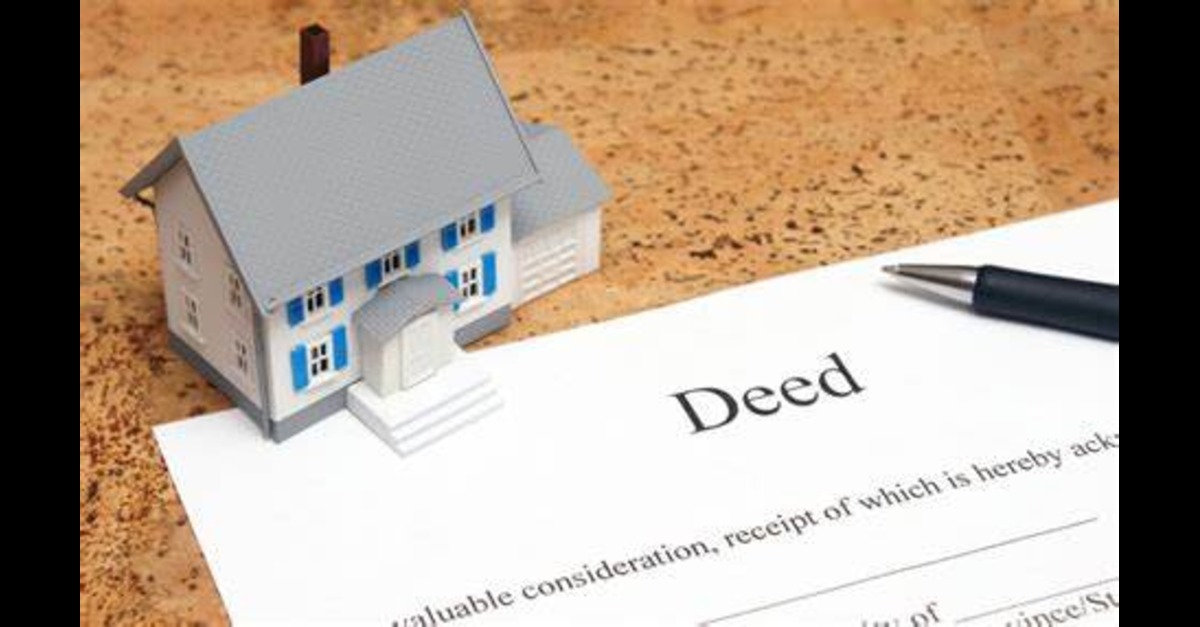INTRODUCTION
Property law and the Sale of Goods Act are primarily governed by the rule that a valid sale deed is executed only by a person who has ownership over the property. The transfer is made by the person who is not the owner of the property but transfers it to the transferee, then neither the transferee nor their successors can claim that property. This principle safeguards the integrity of property and the rights of the real owner. The core principle behind this is “NEMO DAT QUOD NON HABET,” which means “no one can give what they don’t have.”
BACKGROUND
The recent judgement of the Supreme Court in KIZHAKKE VATTAKANDIYIL MADHAVAN V/S THIYYURKUNNATH MEETHAL JANAKI &ORS held that a widow who remarries lacks her rights to the property of her first husband, and so she cannot convey the same to anyone. The Supreme Court further says that just having documents like deeds doesn’t automatically grant ownership rights if the person doesn’t possess the property.
The ownership of an immovable property is transferred upon registration of the sale deed, not merely by transfer of possession or payment of consideration.
KEY PROVISIONS
- Section 2 of the Hindu Widow Remarriage Act,1856, states that a widow loses her right to the property of her first husband if she remarries.
- The seller must have a clear ownership right over the property.
- Section 52 of the Transfer of Property Act 1822 talks about the transfer of property through sale, from which it can be inferred that the sale of property or transfer of property is only possible when the person has ownership over it.
- Section 17 of the Registration Act 1908 mandates the registration of property when transferred; mere transfer of possession or payment of consideration is not valid.
RECENT DEVELOPMENT
The Supreme Court held that the widow can only claim rights over her husband’s property till she doesn’t remarry; after remarriage, she loses her right over her first husband’s property and so her children. The judgment highlighted the importance of actual ownership of the property for it to be transferred. it further dismissed the claim of the appellant over the property. It further declined the right of ownership claim by the non-owners and held that successors cannot enforce rights from an invalid deed.
CONCLUSION
The judiciary has always played a crucial role in protecting the rights of the real and has defeated the idea of fraudulent and unauthorised transfer of property. It tends to protect the right of real by not considering such transfer as a valid transfer.
“PRIME LEGAL is a full-service law firm that has won a National Award and has more than 20 years of experience in an array of sectors and practice areas. Prime legal falls into the category of best law firm, best lawyer, best family lawyer, best divorce lawyer, best divorce law firm, best criminal lawyer, best criminal law firm, best consumer lawyer, best civil lawyer.”
WRITTEN BY PALAK CHAUHAN


